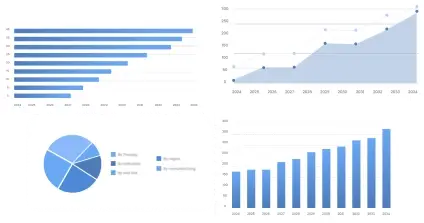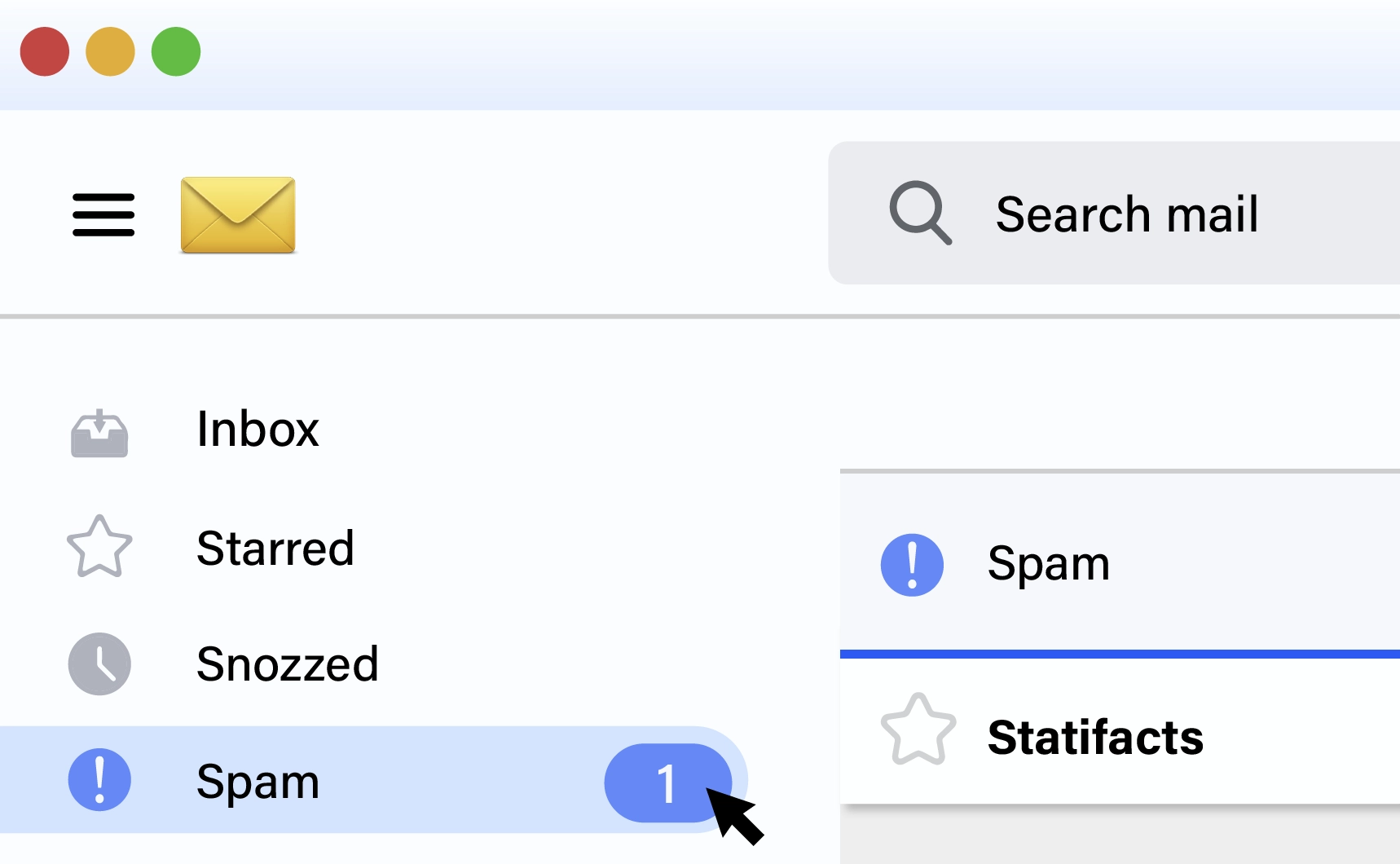
By clicking “Accept All Cookies” you agree to the storing of cookies on your device to enhance site navigation, analyze site usage, and assist in our marketing efforts.
Privacy Policy

The global peptide drug conjugates market size accounted for USD 3,733 million in 2024 and is predicted to touch around USD 21,800 million by 2034, growing at a CAGR of 19.3% from 2025 to 2034.
| Industry Worth | Details |
| Market Size in 2025 | USD 4,453 Million |
| Market Size by 2034 | USD 21,800 Million |
| Market Growth Rate from 2025 to 2034 | CAGR of 19.3% |
The peptide drug conjugates market refers to the production, distribution, and application of peptide drug conjugates (PDCs), a subset of drug conjugates, that are composed of carrier peptides ranging from 5 to 30 amino acid residues, toxic payloads, and linkers that connect the payload to the peptide. A peptide is considered to be any polymer of 40 or fewer amino acids linked in a chain. The carboxyl group of each acid is joined with the amino group of the next via a peptide bond -OC-NH-. Peptide drugs can be chemically synthesized or recombinantly produced using a cell line such as E. coli.
Drug conjugation refers to the process of linking drugs or prodrugs to other molecules, like proteins or polymers, to enhance drug stability and targeted drug delivery. Peptide drug conjugates (PDCs) are the next generation of targeted therapeutics drugs after antibody-drug conjugates (ADCs), with the core benefits of improved cellular permeability and enhanced drug selectivity. Compared with ADCs, the core benefits of PDCs are improved tissue penetration, easier chemical synthesis, and lower production costs. Peptides play an important role in biotechnological applications as therapeutic and diagnostic agents. Their benefits depend on the strategy applied to produce them, which includes biocompatibility, low cost, chemical variety, tunable bioactivity, and specific targeting. Peptide drug conjugates use a peptide as a carrier and offer some unparalleled benefits, including improved tumor penetration, reduced penetration, and lower production costs.
Advancements in peptide synthesis technologies which driving the growth of the peptide drug conjugates market. Advancements in peptide synthesis techniques, including solution phase synthesis, solid phase synthesis, and automated methods have transformed the field, allowing the efficient production of peptides with high purity and yield. Peptide synthesis plays an essential role in fostering new drugs to treat diseases like diabetes, cancer, and autoimmune disorders. Peptides are ideal materials for use in medicine development as they can target specific biological processes.
In biotechnology, peptides are used to make biomaterials that possess unusual properties or design enzymes with specific functions. Automation in peptide synthesis increases throughput, while consistency and quality are raised. Automation makes peptide manufacturing reproducible and more efficient. Microwave-assisted peptide synthesis speeds up the formation of peptide bonds, reducing synthesis time while maintaining high purity and yield. These machines can achieve more than one synthesis task at a time, therefore keeping uniformity and quality. New techniques can allow for the exemption of non-natural amino acids. These give synthetic peptides greater stability and bioactivity and lead to the development of more potent and durable therapeutic peptides.
Growing demand for targeted therapies driving the growth of the peptide drug conjugates market. Targeted therapy's major benefit is that it can kill cancer cells without damaging healthy cells. It can also block cancer cells from growing. Most types of targeted therapy help treat cancer by interfering with specific proteins that help tumors grow and spread throughout the body. Most types of targeted therapies help treat cancer by interfering with specific proteins that help tumors grow and spread throughout the body.
This is different from chemotherapy, which may kill all cells that grow and divide quickly. Targeted therapy helps your body control the way cancer cells grow. There are different types of targeted treatment that destroy cancer in different ways. Targeted therapies can be achieved by direct approaches that alter specific cell signaling events utilizing monoclonal antibodies or small molecule inhibitors or by indirect approaches using molecular targets, over-expressed or exclusively expressed on the surface of tumor cells, to send cytotoxic molecules.
Rising cancer prevalence driving the growth of the peptide drug conjugates market. Peptide drugs conjugate peptides with drugs, which can effectively improve selectivity and anticancer activity, reduce toxicity, and enhance the pharmacokinetic properties of many therapeutics, especially chemotherapeutic drugs. Generally, PDCs as compared to other drug conjugates like anti-drug conjugates (ADCs) have benefits in tumor penetration, ease of synthesis and cost, and reduced off-target effects. PDCs have higher specificity for the cancer with generally less toxic side effects in smaller doses.
Published by Ajit Bansod
| Subsegment | 2024 | 2025 | 2026 | 2027 | 2028 | 2029 | 2030 | 2031 | 2032 | 2033 | 2034 |
|---|---|---|---|---|---|---|---|---|---|---|---|
| OctreoScan | - | - | - | - | - | - | - | - | - | - | - |
| Lutathera | - | - | - | - | - | - | - | - | - | - | - |
| Pluvicto | - | - | - | - | - | - | - | - | - | - | - |
| Illuccix | - | - | - | - | - | - | - | - | - | - | - |
| Others | - | - | - | - | - | - | - | - | - | - | - |
| Subsegment | 2024 | 2025 | 2026 | 2027 | 2028 | 2029 | 2030 | 2031 | 2032 | 2033 | 2034 |
|---|---|---|---|---|---|---|---|---|---|---|---|
| Therapeutic | - | - | - | - | - | - | - | - | - | - | - |
| Diagnostic | - | - | - | - | - | - | - | - | - | - | - |
To get full access to our Market Insights, you need a Professional Account or a Business Suite.

You will receive an email from our Business Development Manager. Please be sure to check your SPAM/JUNK folder too.

You will receive an email from our Business Development Manager. Please be sure to check your SPAM/JUNK folder too.

Our customers work more efficiently and benefit from


